James Gitoho

Links:
Director | Triad Architects
James Gitoho is an architect by profession, having graduated in 1981 with a Bachelor of Architecture degree from Nairobi University. He has been a director of TRIAD Architects since 1988. He is a Fellow of the Architectural Association of Kenya (AAK) and the Board of Registration of Architects and Quantity Surveyors of Kenya (BORAQS).
His passion for order, integrity, and professionalism led to the certification of TRIAD as an ISO 9001-2015 certified company since 2001.
In 2013 when Triad celebrated 50 years of practice in the East Africa region, James was instrumental in the creation of TRIAD Foundation, a corporate body through which the architectural firm channels her philanthropic activities in Heath Education and Environment to empower people and transform communities in the informal settlements of Nairobi.
James is a respected member of the community and serves as a director at various company boards. He is the architectural advisor to the Church Commissioners for Kenya. James is a keen golfer and a member of Karen Country Club.
James is married to Valentine Gitoho and they are blessed with two married children, David Gitoho and Tshiko Kiptinness. They also have two grandchildren.
RECENT POSTS OF THE FAITH DRIVEN INVESTOR BLOG
God wants us to be good stewards of the resources He has given us. We are called to pursue excellence, invest wisely, and use our talents to generate a return.
Seeing power for what it is requires developing eyes that see the unseen. That’s hard when the seen seems so compelling. But pecking orders don’t impress God. Faithfulness does impress Him.
So what does margin management look like for me, with margin that exists in my own donor advised fund or bank account? What does this look like for the capital I/we steward on behalf of others (e.g., Funds, SPV’s, etc.)?
There are many ways to support charitable organizations and many ways to make sure your gifts make a long-term, sustainable impact. One method that’s gained popularity over the past few years is called a donor-advised fund.
This is the time for a Christ follower to pray intently about investing in Africa. The demographic, spiritual and economic cases are compelling, especially when considered together, and I believe that most would find it very hard to find a better place to allocate their risk capital, especially as they think and pray more about what risk capital means.
Working in the field of faith-driven impact investing is as rewarding as it is challenging. At the core of our mission is a sentiment that echoes Matthew 22:39, where Jesus teaches us to "love your neighbor as yourself."
“If you truly understand that your identity starts with being a child of the king. Then you’re grounded in the idea that this land, or any land for that matter, is not your home. And if you’re just passing through, then why fight so much over the land?”
If we doubt the promises of God so severely that we place all our trust in our own ability to manage risk, then it’s possible we may not believe in what God has actually promised us.
It’s been said that all models are wrong, but some are useful. This one is no different. However, I believe we can contrast business and investing activities that function in two different paradigms: the kingdom of the world versus the kingdom of God.
If we view nature as an essential and worthy part of God’s Creation, rather than simply as a commodity to be exploited for human gain, we can develop a more holistic stewardship approach.
I believe God gives us the pen and the book to write our story in. So, what story are you writing for yourself? Are you becoming a good and faithful servant?
Whether or not we realize it, we use the principle of leverage on a daily basis, not simply in physics but in the sense of turning limited resources into an advantage. We can do so selfishly or with a focus on eternal things.
How do we personally and corporately carry those ancient words “on earth as it is in heaven” as the Church today? And for us in the investment industry, how do we carry those ancient words in our daily work?
Your perceived confidence might just be a deep-rooted insecurity that comes from a need to prove yourself to your dad who never affirmed you.
Faith-driven stewards, entrepreneurs, and leaders are an integral and critical part of how God will be able to work in the lives of people who live in Tomorrow’s World. I submit that we must fight this battle with leadership and intentional living.
Technology has always had the potential of advancing human flourishing, or promoting wicked agendas. Technology’s effects depend crucially on the heart and capabilities behind the people wielding it. The rapid proliferation of web3 technologies – fungible tokens (“crypto”), non-fungible tokens (NFTs), and the metaverse – is no exception.
Community development investing is one way that faith-based investors can use their investments to make a real impact on the communities where they live and work.
My brother recently passed away, and his funeral gave me new insight into his life. I realized this truth: Each of our lives is reflected in the people we interact with here on earth and have left behind.
We propose to define success as investors as taking risk skillfully on behalf of the vulnerable, in ways that bring good news to the poor, release captives, give sight to the blind, and set the oppressed free.
For decades, home prices have been outpacing household incomes, and we are now seeing a whole generation being locked out of the promise of homeownership.
How do you measure giving success? What is considered a tithe? Can I direct my giving resources toward Christian-led businesses? Is that stewardship?
Can the most courageous among us operate without the tailwinds of credit growth, cross-border cooperation, and the hyper economic growth experienced in the late 20th and early 21st centuries? What does Kingdom work look like in an era of financial compression, asset deflation, and currency instability?
Like it or not, if we want to be salt and light in our world, we cannot abandon mainstream media. Simply put, people of faith must invest more aggressively in the power of storytelling.
I believe the ESG philosophy is inherently flawed and insufficient to produce the holistic and enduring flourishing we desire to see in our organizations and in our world. Impact investing, while not perfect, possesses a greater ability to promote holistic prosperity without the risks associated with ESG investing.
Are we committed to the restoration and flourishing of cities for God’s Kingdom and for His glory (Isaiah 61)? Will we make sacrifices? Are we prepared to obey the Lord’s call?
As we can read in Ecclesiastes, nothing is new under the sun. History will repeat itself because mankind will never fundamentally change. But we can take comfort in the fact that God never changes, and what He has done in the past, He can do again—if we are only willing to submit our lives to His perfect will.
Since Christ is our Lord and ultimate treasure, overlooking him in our investing ethics is a problem that should be confronted pastorally and theologically. What would happen if we held up the supremacy of Christ as the foundation for a truly Christian ethic for investing?
Each year, I take the opportunity to review the environmental developments of the past year and evaluate the obstacles and progress we’ve seen.





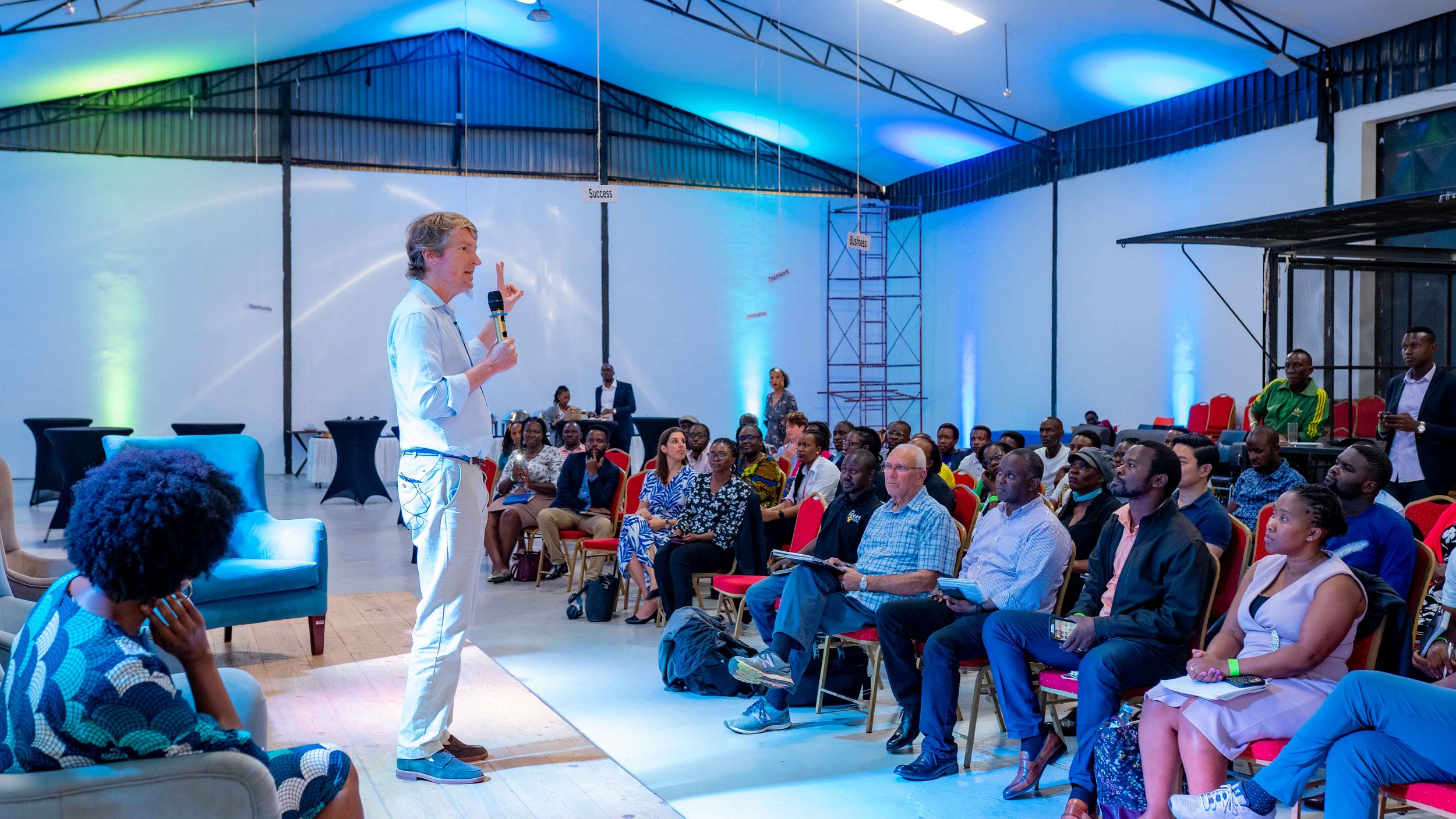


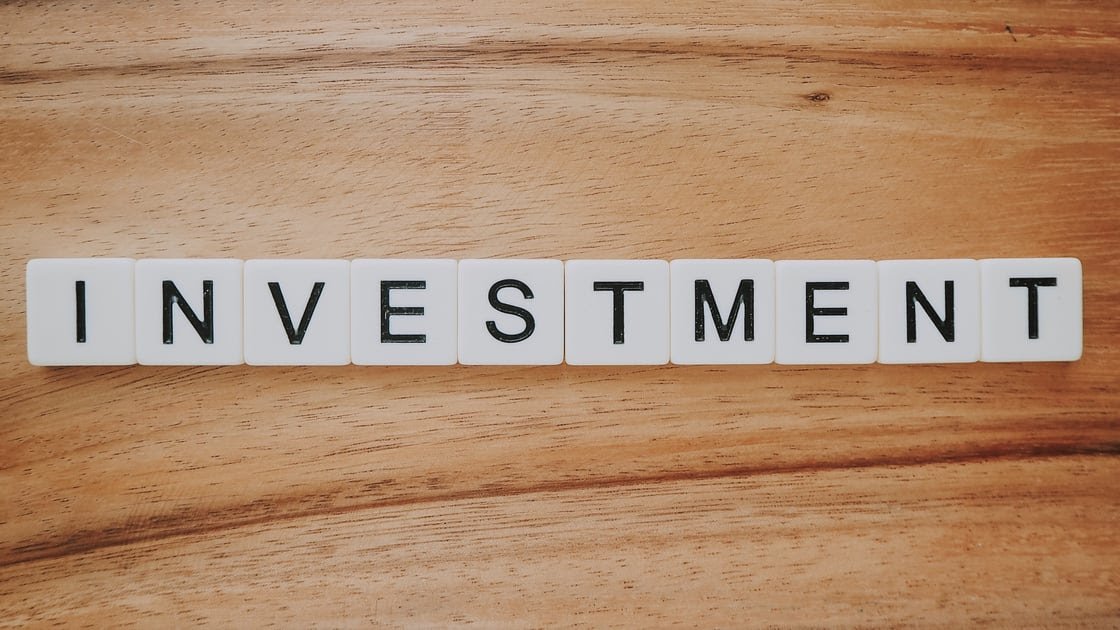
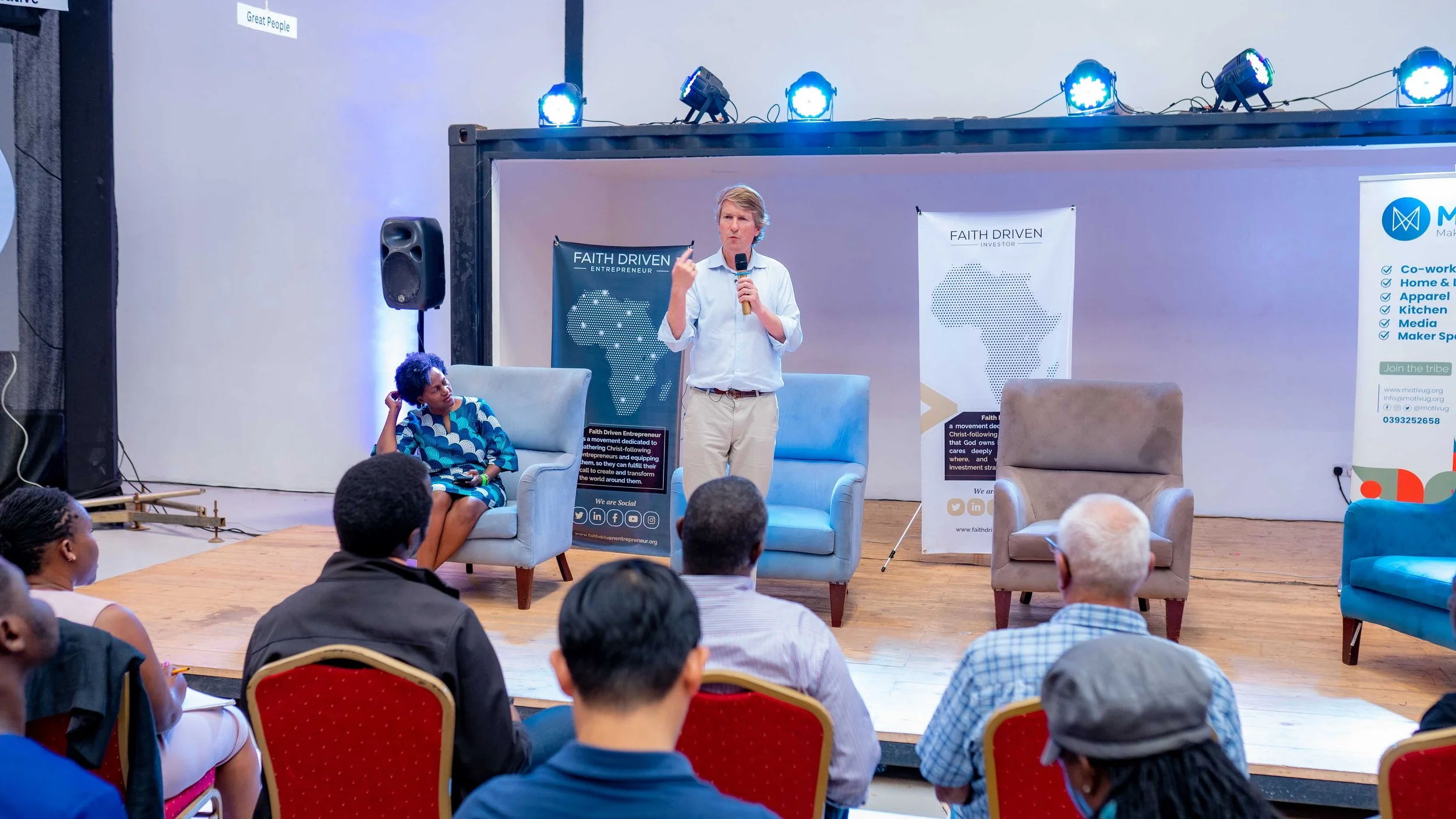


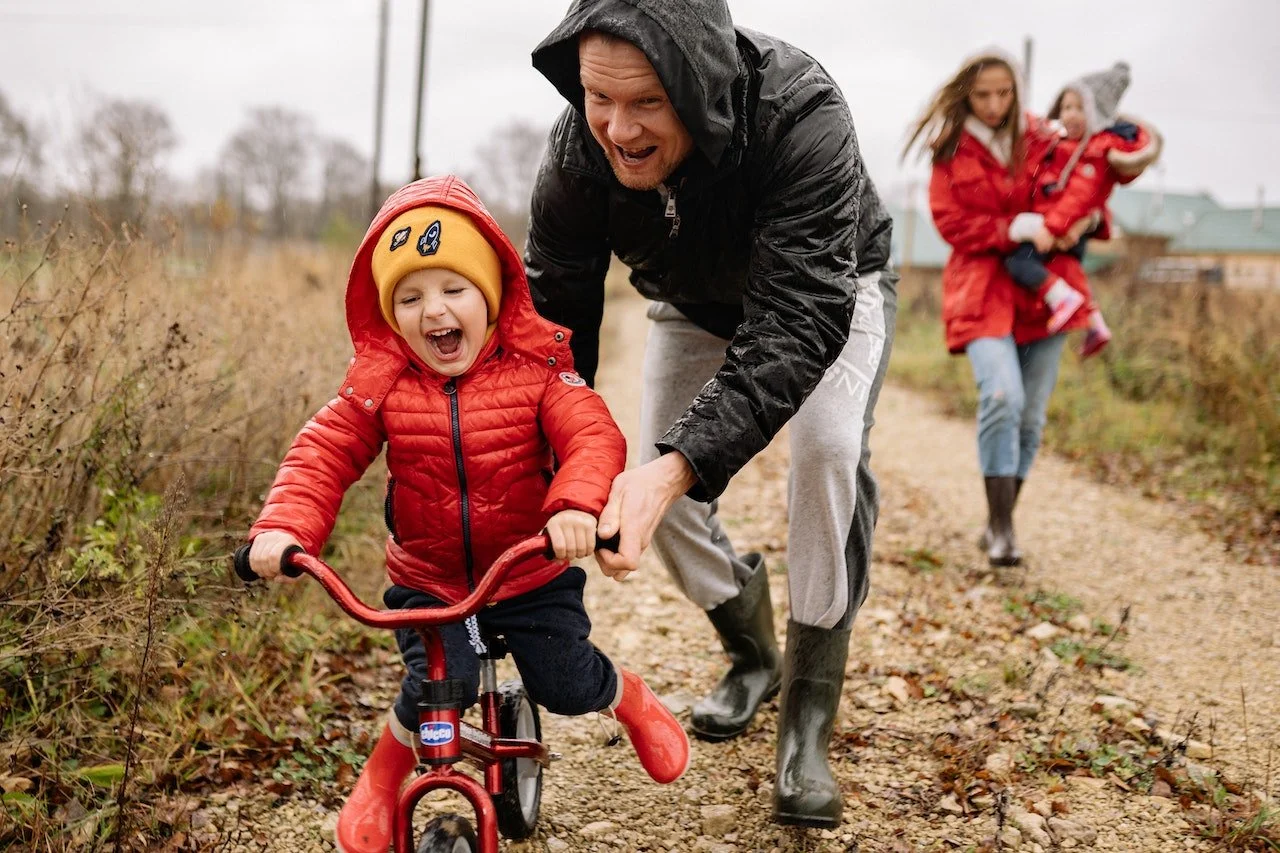
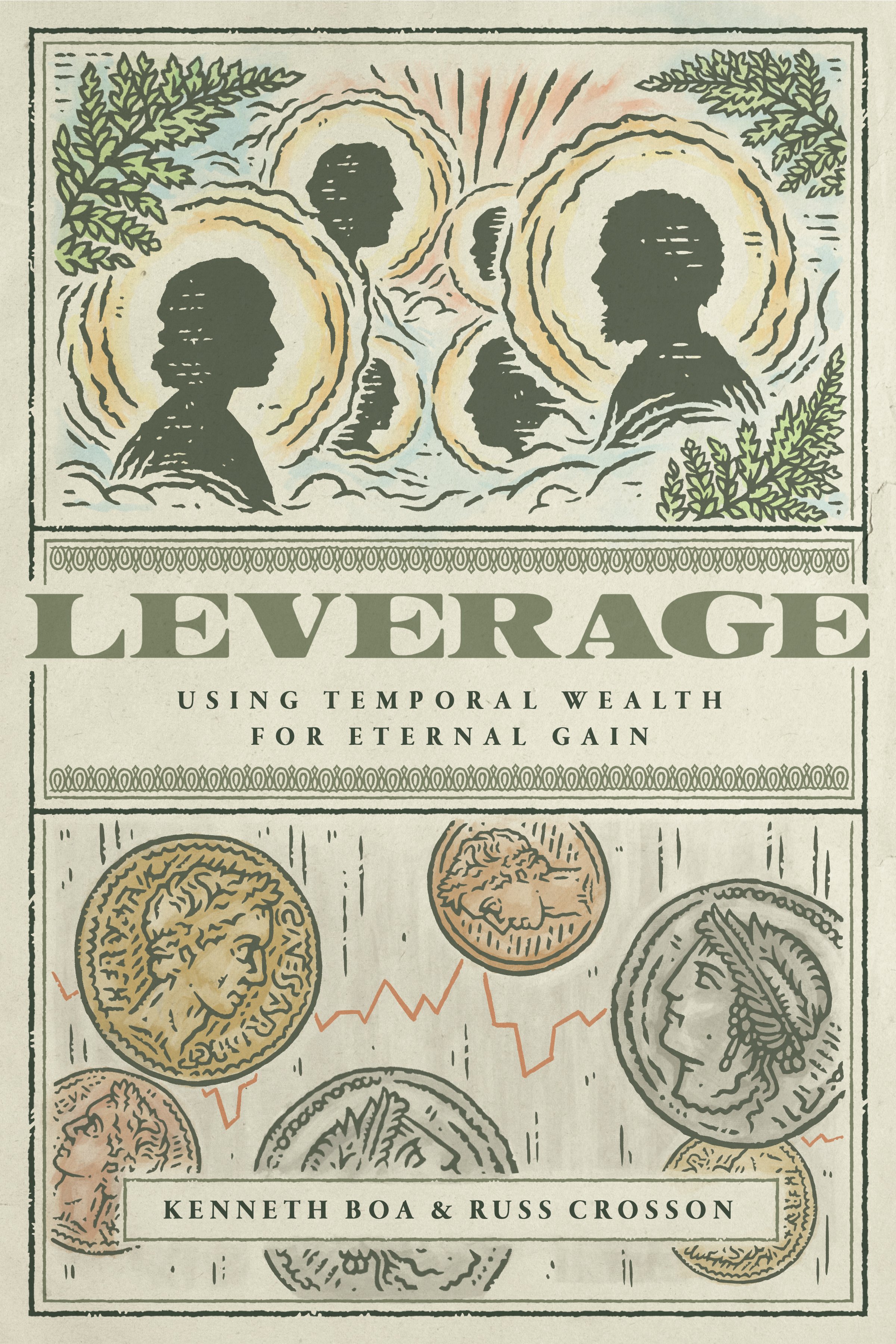
















Practically speaking, as an investor or entrepreneur, what does it mean to let my light shine? The beauty about Jesus, the Gospel, and Christianity is that God meets us where we are but he never leaves us as we are. This means, the answer to that question will look differently, depending on where you are and how fast you choose to move.